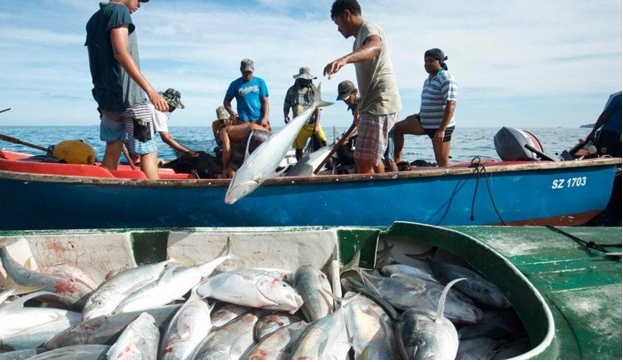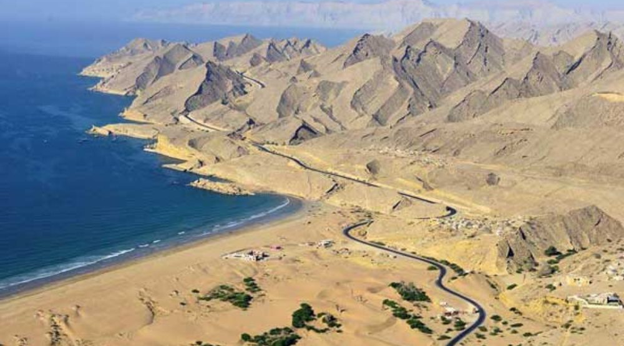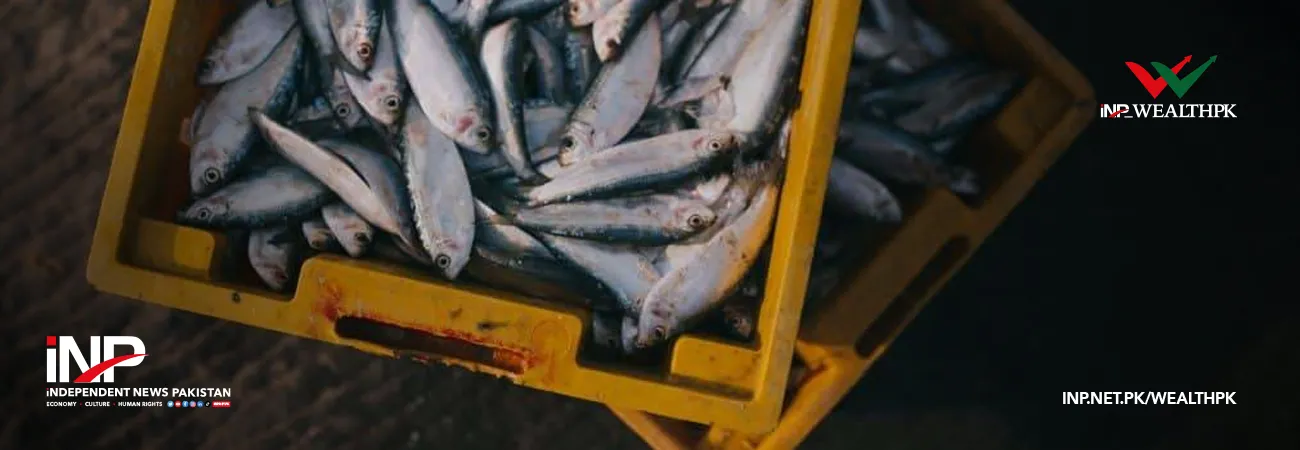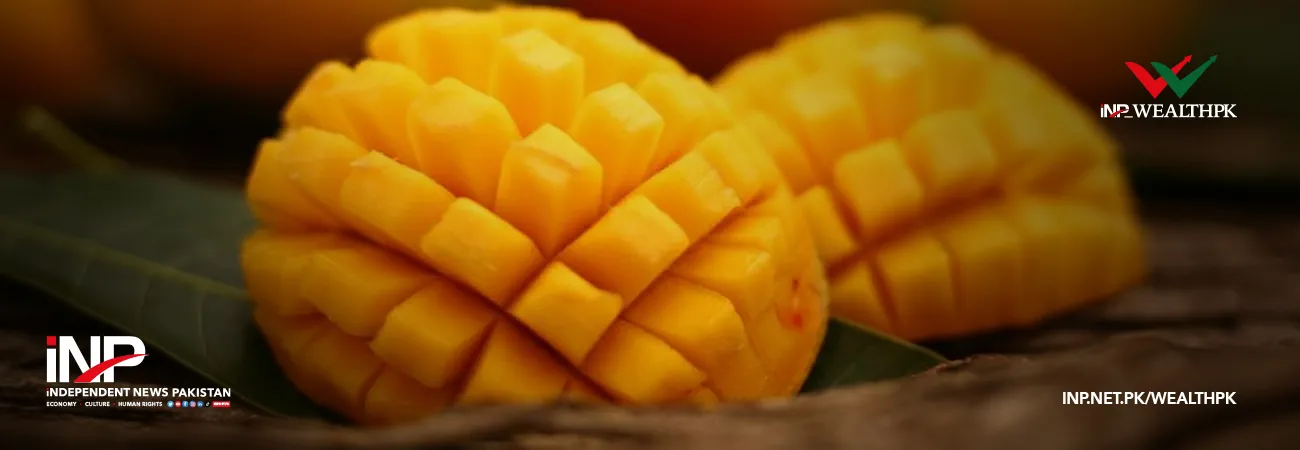آئی این پی ویلتھ پی کے
Ahmed Khan Malik
The fisheries sector of Balochistan is poised for significant growth following the United States’ recent decision to approve imports of seafood from Pakistan.

This long-awaited approval has created optimism among stakeholders as it opens doors to one of the most lucrative and quality-conscious markets in the world. The move will particularly benefit Balochistan, which accounts for nearly two-thirds of Pakistan’s total coastline and contributes significantly to the country’s seafood production. For years, the American market remained out of reach for Pakistan due to regulatory concerns.
The US, which is among the top importers of seafood globally, demands high compliance with international standards such as hygiene, quality control, and sustainable fishing practices. After years of reforms and improvements in Pakistan’s fisheries sector — including better processing facilities, stricter monitoring, and international certifications — the ban has been lifted, signalling a major breakthrough for the industry.

Balochistan’s 770-kilometre-long coastline, stretching from Hub to Gwadar, is rich with fish varieties such as tuna, sardine, mackerel, and shrimps. Thousands of families in coastal towns like Pasni, Gwadar, and Ormara depend entirely on fishing for their livelihood. However, local fishermen have often faced challenges such as low prices offered by middlemen, lack of modern equipment, and limited access to international markets.
With US approval, exporters will now be able to purchase larger quantities of seafood from Balochistan, leading to better prices for fishermen. Industry people suggest that demand for high-value species such as shrimp and cuttlefish is expected to rise sharply, providing direct economic relief to the coastal population.
“Access to the US market will transform the earnings of small-scale fishermen in Balochistan.
It will also encourage them to adopt better fishing practices, as quality standards will now be strictly monitored,” Faisal Iftikhar, a seafood exporter, said. He told Wealth Pakistan that seafood exports currently earn Pakistan around $450 million annually. With access to the American market, this figure could increase significantly, potentially crossing the $1 billion mark in the coming years.
“For Balochistan, where economic opportunities are limited, fisheries could become a cornerstone of provincial revenue,” he said. "Gwadar could emerge as a major seafood processing and export centre. Investment in cold storage facilities, modern fishing vessels, and packaging units will be crucial to ensure that Balochistan fully capitalises on this opportunity,” he believed. Despite the optimism, Mustafa Buledi, a seafood supplier in Gadani, noted that challenges remain.
"Many of Balochistan’s fishermen still rely on traditional wooden boats and outdated nets, which limit both their catch and the quality of seafood. Post-harvest losses are high due to inadequate refrigeration and proper storage. To meet US import requirements consistently, the government and private sector need to invest in upgrading fishing techniques, training workers, and ensuring compliance with international sustainability standards,” he said.
He said the approval comes at a time when Pakistan is seeking to diversify its export base and strengthen its economy. “For Balochistan, it represents not just an economic opportunity but also a chance to uplift marginalised coastal communities that have long been deprived of development.” If properly managed, this development could usher in a new era for Pakistan’s fisheries sector, with Balochistan at its heart.
By combining modern infrastructure, international compliance, and sustainable fishing practices, the province stands ready to turn its vast marine resources into a driver of economic growth and prosperity, Buledi said.
Credit: INP-WealthPk











